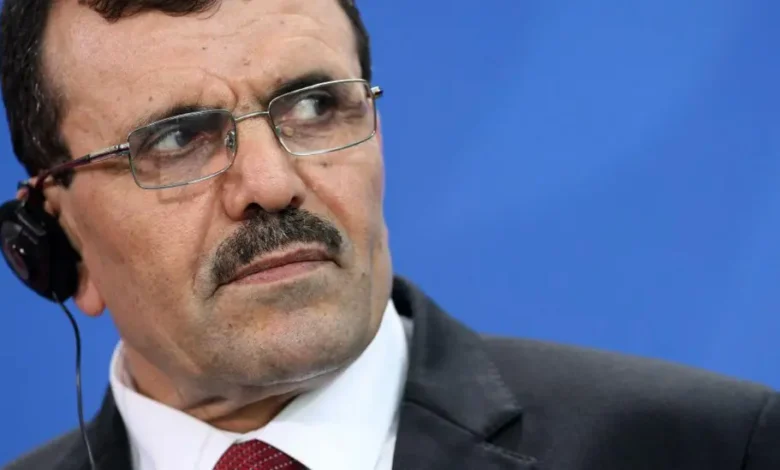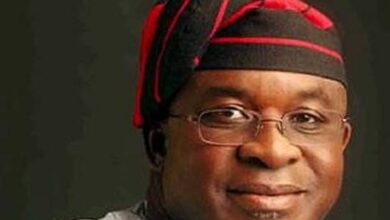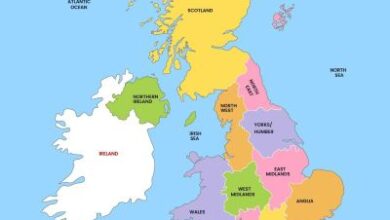Tunisia jails ex prime minister on terrorism charges

A Tunisian court has sentenced former Prime Minister Ali Laarayedh to 34 years in prison.
The charges include forming a terrorist cell and enabling foreign fighters to join extremist groups abroad.
Authorities accused Laarayedh of facilitating travel for Tunisians to fight in Iraq and Syria.

The court delivered its verdict on Friday, May 2, 2025, convicting Laarayedh alongside seven others linked to the case.
Laarayedh, 69, served as Tunisia’s prime minister a decade ago and is a senior member of the Ennahda party.
He is a leading opponent of President Kais Saied and a critic of Tunisia’s current political direction.
In a letter to the court last month, Laarayedh wrote, “I am not a criminal… I am a victim.”
He has denied all charges and insists the trial was politically motivated.
The case has drawn international concern and criticism from human rights groups and legal observers.
Human Rights Watch called the prosecution “an attempt to silence political opposition by labeling them as terrorists.”
President Saied’s administration has jailed more than 40 critics in recent weeks, including lawyers, diplomats, and journalists.
Observers say the arrests reveal Tunisia’s growing authoritarianism under Saied’s leadership.
Since dissolving parliament in 2021, Saied has ruled by decree and expanded his powers through a new constitution.
He claims the reforms are necessary to fight corruption and protect Tunisia’s sovereignty.
Opponents argue that Saied is dismantling democratic institutions won during the 2021, Arab Spring.
The Ennahda party, once the ruling force post-revolution, has faced relentless legal and political pressure in recent years.
Laarayedh was arrested in 2022, and campaigners had repeatedly called for his release.
His sentencing marks a significant blow to Tunisia’s remaining opposition forces.
Political analysts say the case sends a strong message to other dissenting voices in Tunisia.
Activists warn that trials like Laarayedh’s threaten Tunisia’s fragile democratic legacy.
The 2011 uprising, sparked by Mohamed Bouazizi’s self-immolation, gave hope for a democratic Tunisia.
Many Tunisians now fear those gains are slipping away amid political repression.
President Saied continues to reject all external criticism, calling opponents “traitors” and denouncing “foreign interference.”
This verdict may deepen Tunisia’s political crisis and draw further international condemnation.
Post Views: 31





